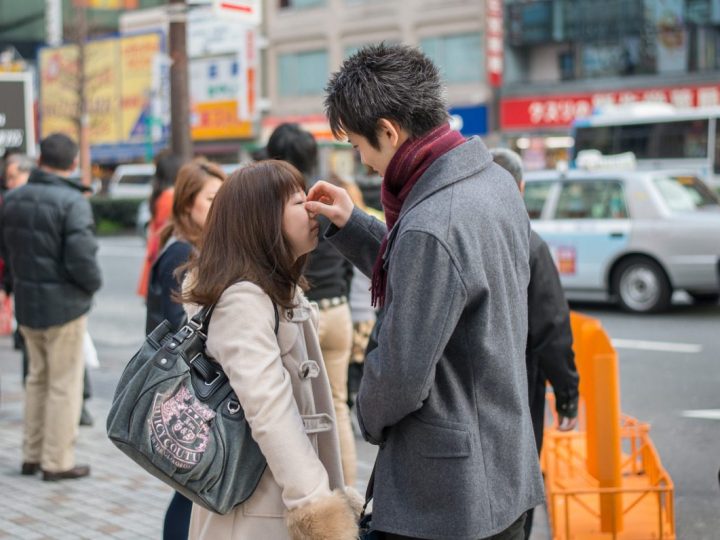Why We Shouldn’t Use Religion and Culture to Dismiss Mental Illness
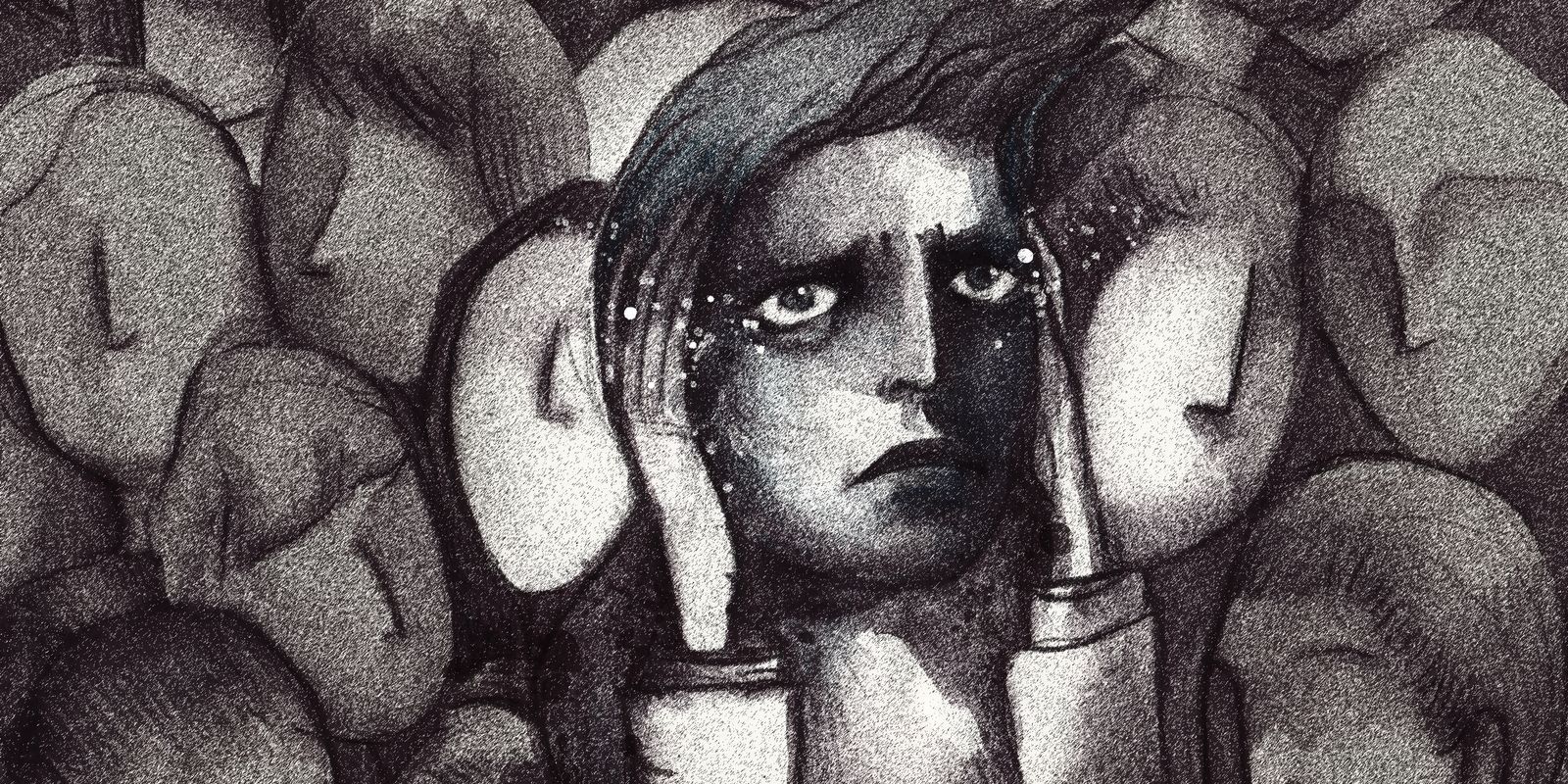 Thirsty for JUICE content? Quench your cravings on our Instagram, TikTok and WhatsApp
Thirsty for JUICE content? Quench your cravings on our Instagram, TikTok and WhatsApp
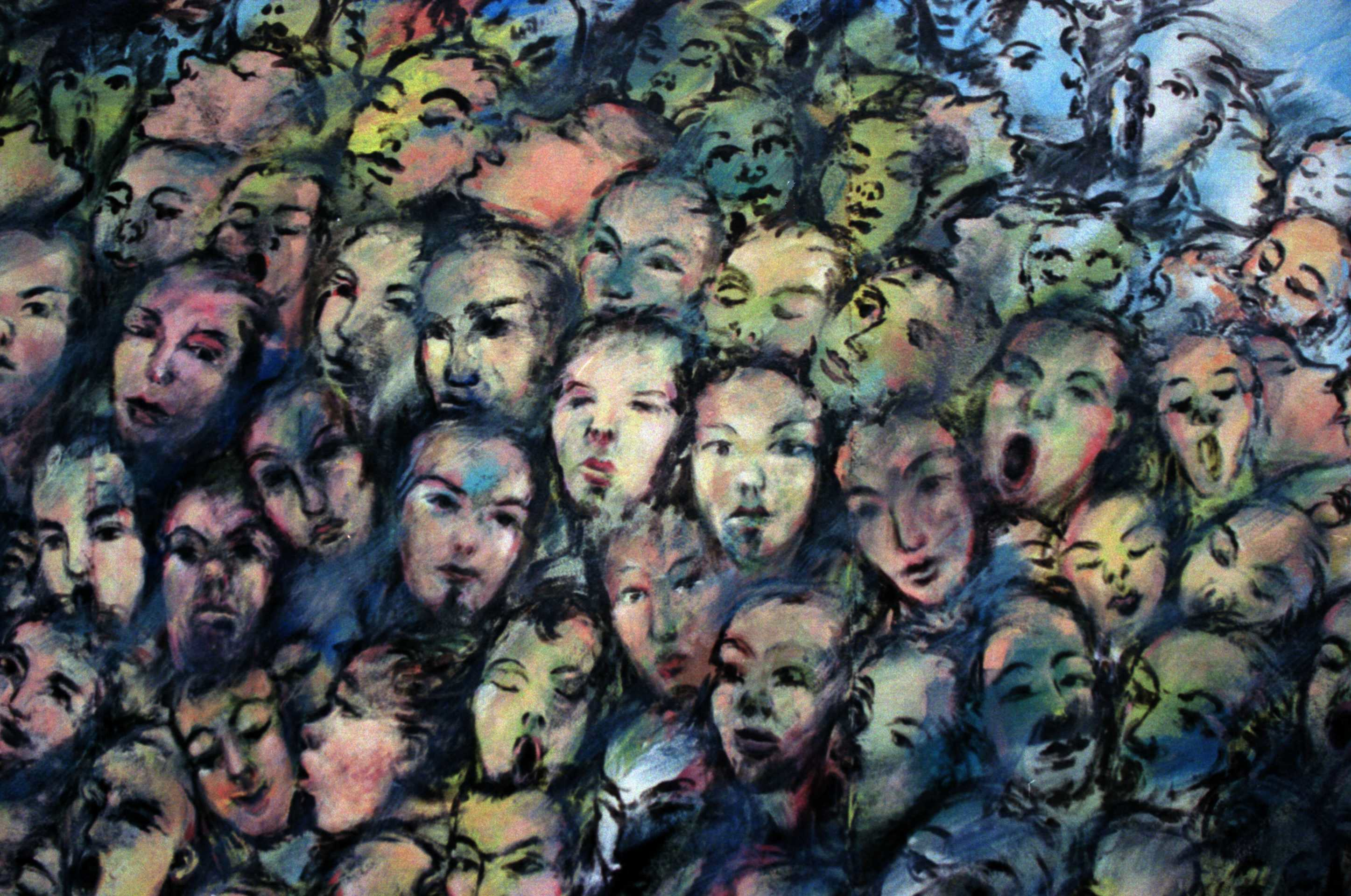
Mention religion or culture, and everyone’s senses go off on high alert for what they’re about to read. Some may take the headline as a form of bash, whilst some may take their time to understand what is hidden behind it (and then proceed to bash it if they don’t agree).
Wherever your political alignment stands, when it comes to sensitive topics such as religion and culture, a writer should always consider the areas in which they know where the line stands. Same goes for the concept of understanding mental illnesses. What you’re about to read is in no way twisting any aspect of religion and culture, instead, it’s meant to provide the awareness our society lacks in understanding one another as humans.
Mental illness is alive and well here in Malaysia, but what’s sad is that in a so-called modernised society, we are still turning our heads against the existence of mental illnesses, or have some sort of stigma that associates mental illnesses with insanity.
From a religious aspect, the word ‘insanity’ or ‘hysteria’ is synonymous to ‘gangguan luar biasa‘. Whereas in a cultural aspect, many Malaysians tend to wonder how could someone be insane if they were raised in a family that upholds high morals and abides by social norms?
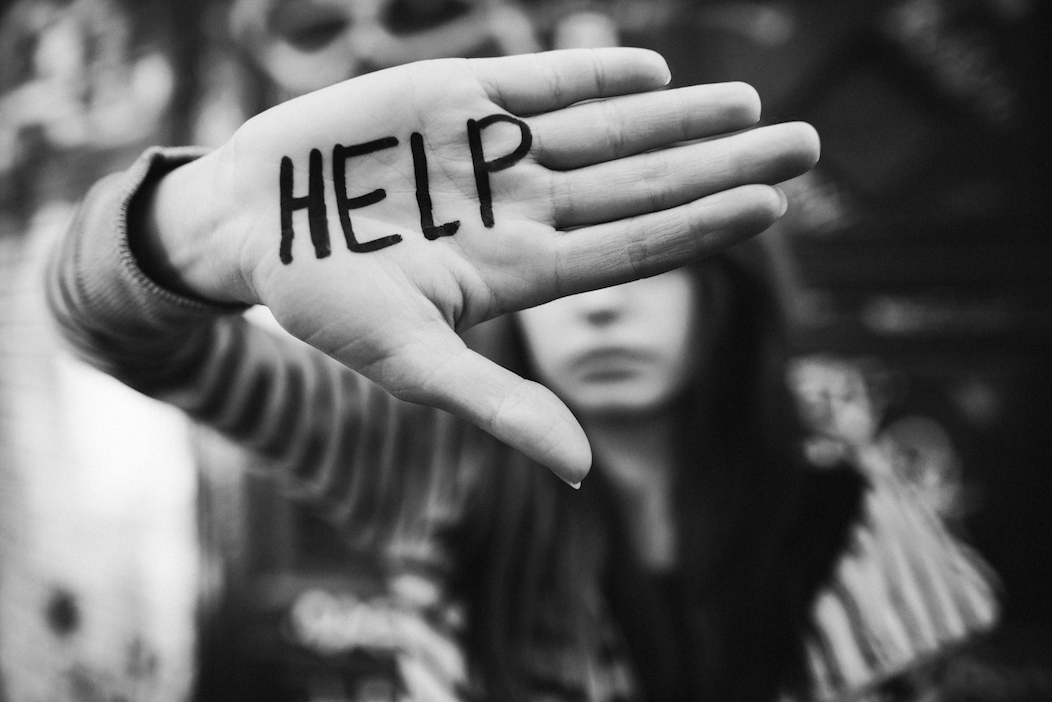
If you’re someone with mental illness trapped in our sanitised society, you’ve probably had thoughts like these or have said them out aloud at one point:
How do I make my father understand that when I’m tired, it’s because I’ve been lying awake almost every night trying my best to keep my demons from feeding on my fears, and swallowing my light (hope or happiness) of what’s left inside of me?
How do I make my boss understand that I can’t explain why I have days when I can’t perform at work, my random instantaneous anger, and how I can’t stand the sounds of the constant clattering on the keyboards?
How do I make my friends understand that I have a fear of going out to parties and meeting people or having fun, because I feel that somehow, I’ll be in a situation where I might be ridiculed, or that everyone’s secretly plotting something against me, and I don’t understand why I feel that way?
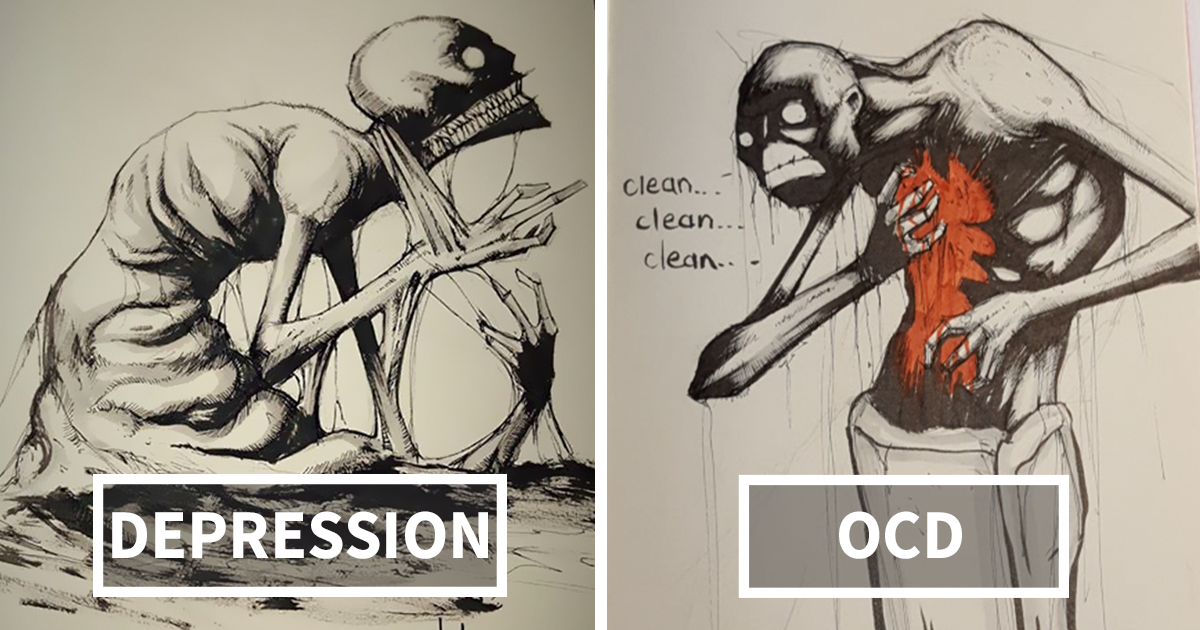
Malaysia’s 2nd Biggest Health Problem in 2020
When you’re surrounded by a group of people who discriminate against the idea that there could possibly be something wrong with you mentally, it’s hard trying to understand whether what you’re feeling is actually a medical problem, or that you’re just ‘weak’ , ‘unable to cope’, or ‘overthinking’. Deep down you know something isn’t right, and you can’t explain exactly how you feel or how it controls the way you think. For some, you’re used to thinking that it’s all in your head; and as for others, they’ve probably been told that it has to do with their spirituality.
According to the National Health and Morbidity Survey 2015, every three in 10 adults aged 16 and above are suffering from a certain mental health problem. That is 29.2% of the entire population here in Malaysia. To make it clearer, mental illnesses are expected to be the second biggest health problem in Malaysia by the year 2020, after heart diseases.
Those who will be affected are those from the rural areas because as we all know, it can cost you a leg or an arm just to get proper and effective treatment from a psychiatrist from a private sector. Aside from that, there isn’t enough education and awareness as well as action taken in dealing with mental illness. Sure there’s an option for public clinics, but on average, it takes about four hours just to see a doctor. If you’re someone who has high anxiety disorder, waiting around for four hours is a killer, let alone the environment you’ll be set in.
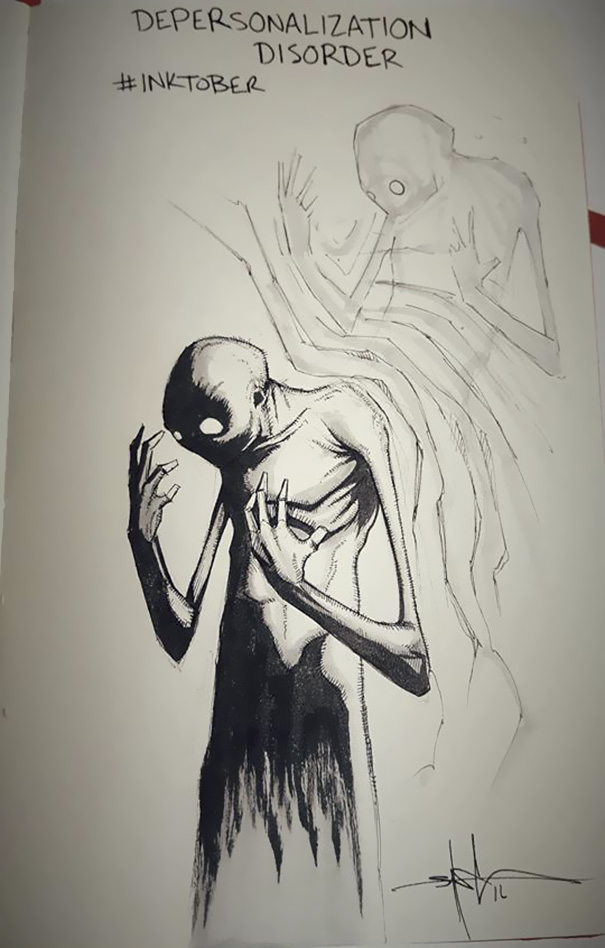
Ada Jin Dalam Badan!
The facts and statistics are crystal clear for everyone to see, but why are Malaysians still in denial of it? What is the root of this fear? By denying the truth that Malaysians are suffering from this invisible disease, you’re stunting the growth and progress of regular citizens who not only could contribute to society, but potentially help it to better understand the illness.
For those who come from religious families–youths like myself find it hard to mention that we have some sort of mental illness that can’t easily be fixed without our faiths being questioned. Some elders would fall back on spiritual healing, constant prayer, and exorcism to get rid of the ‘gangguan’. We’d find ourselves questioning our faith even more, and this somehow deprives us of that human-to-human understanding that we desperately need.
By criticising the way we are with simple justifications – “It’s because you don’t pray enough” or “It’s because your Iman is weak” – we not only lower our self-esteem, we drive ourselves further away from faith itself. Religion shouldn’t be used as a weapon of threat to get someone to practice it. It’s meant to be an example and a way of life for the believers to follow. Instead, we are hit with “Ini sebab ada jin dalam badan!”

Only God May Judge
People should be reminded that disregarding the existence or prevalence of a mental illness could be fatal. We’ve heard and seen cases of suicide from those who have succumbed to the monster that lives inside of their heads, but people should remember that anyone is prone to it too.
Suicide cases should not be subjected to moral or religious afterthought. Yes, it’s a sin to commit suicide in many major religions and even a punishable crime in certain countries. The last thing a grieving family needs to hear is your judgement as to why the tragedy happened. Some people even have the snark to tell you that you won’t be seeing the deceased in Heaven.
Mental illnesses can also develop within those who are suffering from a physical life-threatening disease like cancer. So it is, in a way, tangible enough to be real and acceptable by any medical standards, Asian or Western.
It is the deniers of this that need to worry about their place in the Afterlife.
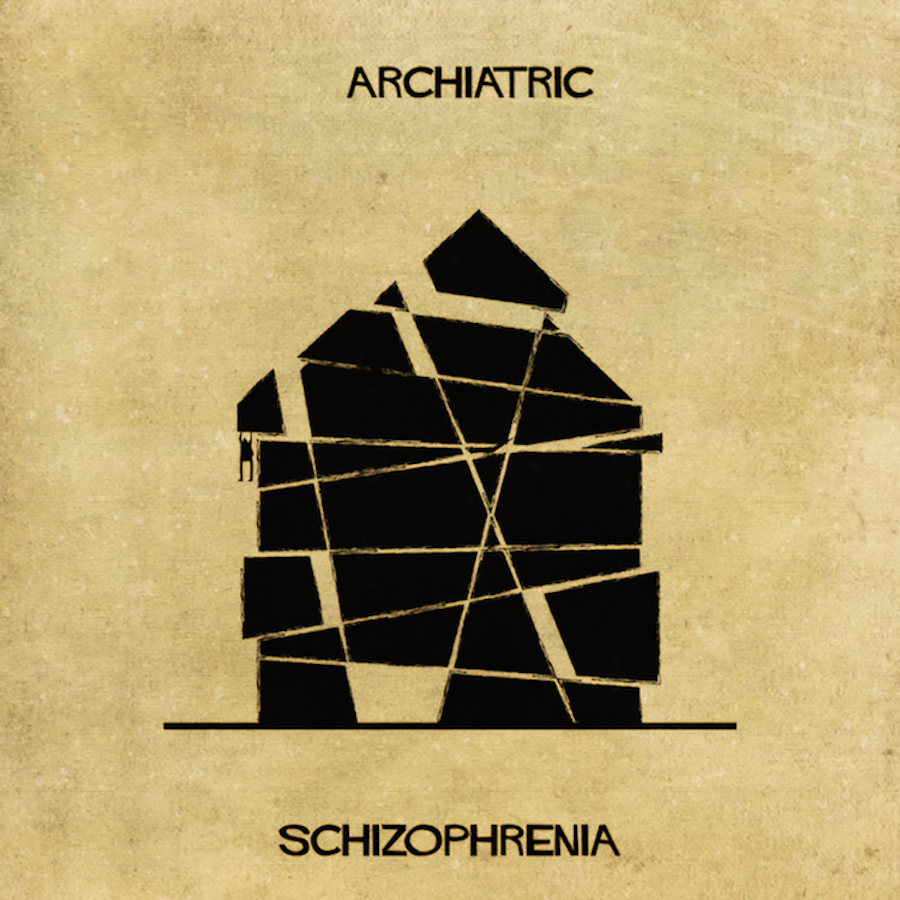
A Polite and Quiet Society
When you close an eye to the person that’s trying to show you – in the most minimal way – something that they’re going through, you are closing the door of hope that they had in order to continue on with their life.
But even if you’re not someone from a religious background, why must culture be the reason we ignore mental illness? It seems that everyone has this fear of the unknown, so they’d use culture as an excuse to cover up that fear. Minding our own business and keeping things to ourselves is the norm.
If we see others in pain or misery, like a man wandering under a bridge, it’s not easy to organise a call-to-action (aside from political ones) as a way to help. Do we have a strong and open social movement here? Women’s March? Anti-Domestic Abuse? The answer is no. You’re probably going to say, “But we have a women’s party”. So why is it taking so long for change to happen then?
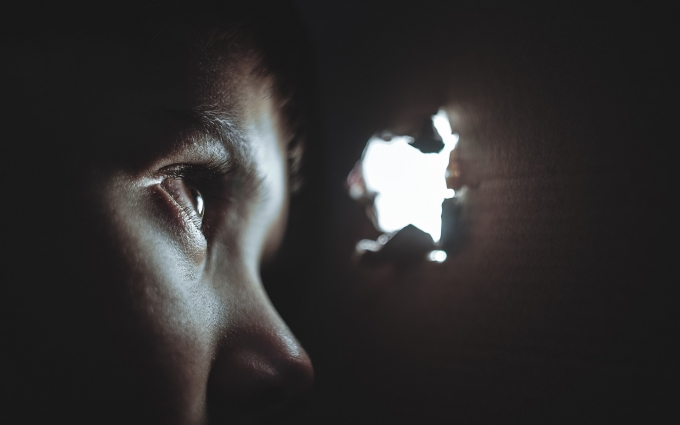
We seem to be in a society that upholds our manners, that we have it altogether. Or we are traditional, and we stay true to our roots. Whatever that goes against these traditional ways of life or beliefs is commonly associated to the West. You’d hear from time to time that elders would blame a young person’s action on the influence of Westernisation; or whenever we have one of our episodes.
Traditions are traditions, in no way is mental illness even in the same category. Science and technology have advanced and revealed so much about ourselves that we were even aware of. So don’t blame science for doing its job (and stop saying masturbation causes blindness–it’s an insult to blind people, hello?)!
Because religion and culture have such a big influence on those who want to seek help, and even on those who want to be the help professionally, our country lacks genuine psychiatrists who are not in it for the money.
I’ve heard of cases where therapists would abuse their position by forcing a certain belief down their patient’s throat. If they do, then that defeats the purpose of them studying in the field of psychology in the first place! It’s shocking to even know that some victims are afraid of therapists because of the fear of being judged, or being told that they are only ‘faking their illness’. Imagine how poisonous and detrimental that can be on a person when it comes from a so-called professional? When this does happen, many people are afraid of speaking out, which is why you don’t hear about it often.

In a recent report by NST, the ratio of psychiatrists to the Malaysian population is one to 200,000, which is a figure that is below the 1 to 10,000 recommended by the World Health Organisation (WHO). Tan Sri Lee Lam Thye, Malaysian Mental Health Advisory Council member, has said that there are merely 360 registered psychiatrists in both public and private sectors in the country.
He stated: “The shortage of competent experts is an alarming issue that needs to be addressed in dealing with mental health problems.”
There are levels of pain and suffering when it comes to mental illnesses, some are bearable and some are not. Whatever the level of pain it is that they’re going through, never take their vulnerability for granted. There are also cases where some signs are almost impossible to see. So stop spreading false information, fear, and stigma within our society. Let us all realise and accept the truth: mental illness is universal. It’s not something that is influenced, and is certainly not something we should pass judgement on.
After all, isn’t compassion one of the main tenets of any religion?


 Get Audio+
Get Audio+ Hot FM
Hot FM Kool 101
Kool 101 Eight FM
Eight FM Fly FM
Fly FM Molek FM
Molek FM